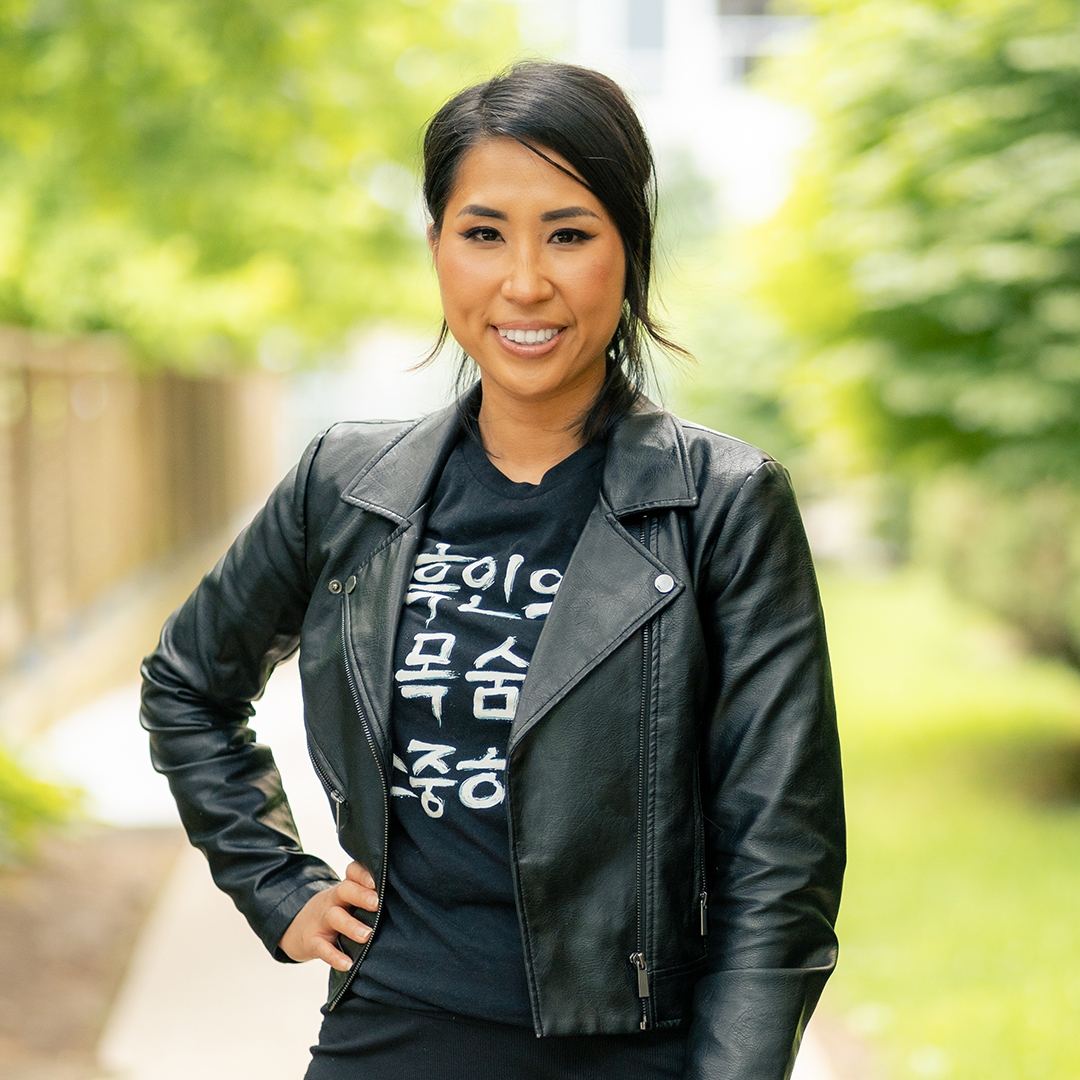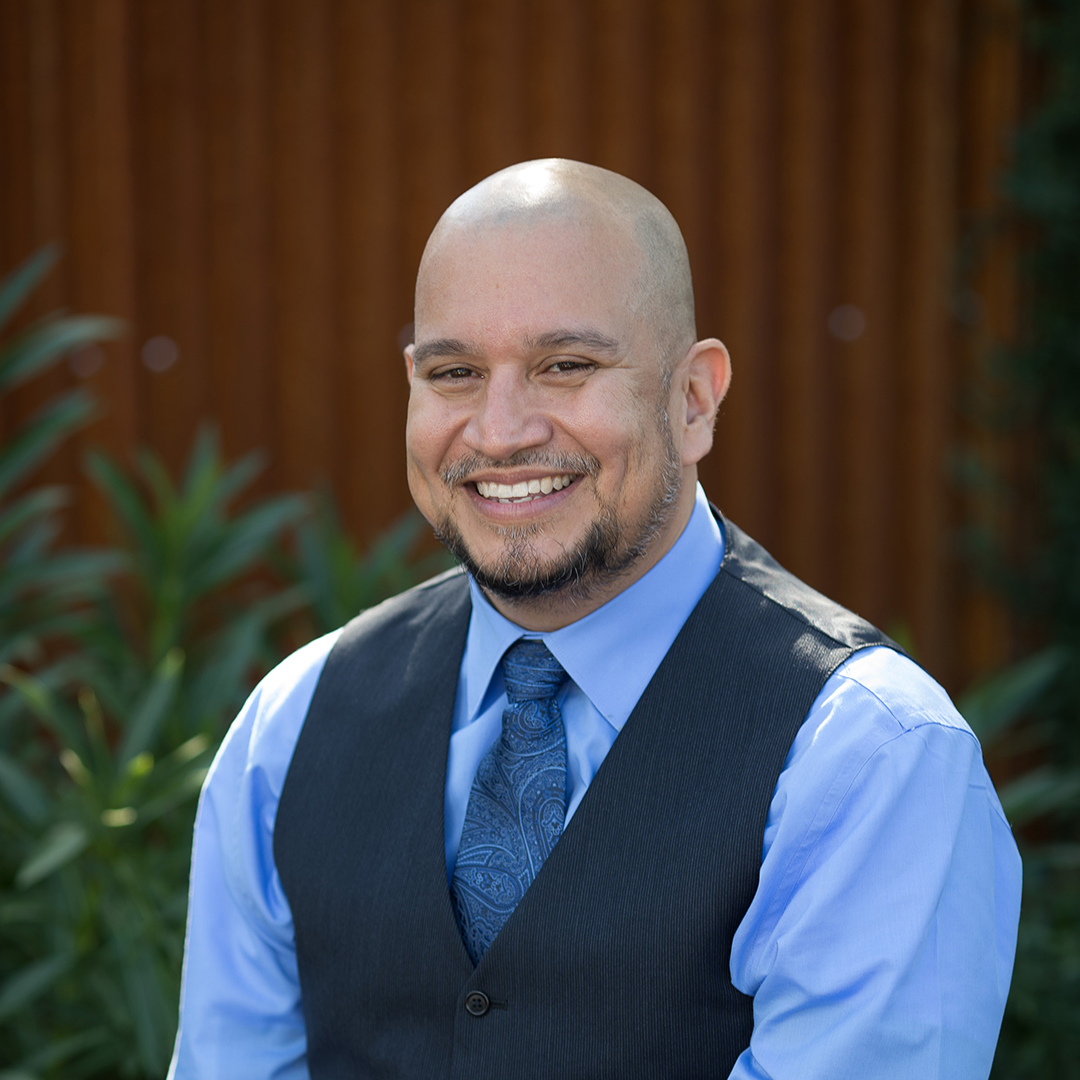By Desireé Martin and Tyra Montour and Monti Hill
 Language justice is not just a budget addendum for translation services. It’s a commitment to creating a more equitable and inclusive society.
Language justice is not just a budget addendum for translation services. It’s a commitment to creating a more equitable and inclusive society.
By Desireé Martin and Tyra Montour and Monti Hill
 Language justice is not just a budget addendum for translation services. It’s a commitment to creating a more equitable and inclusive society.
Language justice is not just a budget addendum for translation services. It’s a commitment to creating a more equitable and inclusive society.
 Getting you alone is not about privacy or resolution. It’s about neutralizing the threat of your voice to protect their comfort. It’s not a commitment to addressing injustice; it’s a calculated tactic to isolate, reclaim power, and maintain the status quo.
Getting you alone is not about privacy or resolution. It’s about neutralizing the threat of your voice to protect their comfort. It’s not a commitment to addressing injustice; it’s a calculated tactic to isolate, reclaim power, and maintain the status quo.
 Working as a server gave me a degree in studying power, wealth, and social hierarchy. It’s an education that has been immensely helpful as I transitioned into fundraising by equipping me with a critical eye for the nonprofit sector. Working in fine dining is a microcosm of wealth culture; wealth culture is a microcosm of power and privilege.
Working as a server gave me a degree in studying power, wealth, and social hierarchy. It’s an education that has been immensely helpful as I transitioned into fundraising by equipping me with a critical eye for the nonprofit sector. Working in fine dining is a microcosm of wealth culture; wealth culture is a microcosm of power and privilege.
 Community-centric engagement is not a one-off endeavor, but a partnership, where communities are engaged in decisions, reported back to, engaged for feedback and iteration, and able to meaningfully influence direction-setting.
Community-centric engagement is not a one-off endeavor, but a partnership, where communities are engaged in decisions, reported back to, engaged for feedback and iteration, and able to meaningfully influence direction-setting.
 Experts themselves, the EJ Council shared their experiences with funders who earned and lost their trust. Together, we came up with the Council’s values of solidarity and integrity, we imagined what success for the region would look like beyond the lifecycle of this grant, and we led a session about rest.
Experts themselves, the EJ Council shared their experiences with funders who earned and lost their trust. Together, we came up with the Council’s values of solidarity and integrity, we imagined what success for the region would look like beyond the lifecycle of this grant, and we led a session about rest.
 So, what will it be? Do you stay and struggle against the tide, or do you leap into the unknown for a chance at true impact?
So, what will it be? Do you stay and struggle against the tide, or do you leap into the unknown for a chance at true impact?
 The extractive tension between centering stories that connect donors to an issue and maintaining the storyteller’s agency can be a narrow line to tow. And when the balance is off, it is the individuals who are vulnerably visible that feel the impact.
The extractive tension between centering stories that connect donors to an issue and maintaining the storyteller’s agency can be a narrow line to tow. And when the balance is off, it is the individuals who are vulnerably visible that feel the impact.
 …my experiences in philanthropy have taught me that we, as funders, have tangible resources and real power. That is why I have such high expectations for our sector’s response to Palestine, and why it can feel so wrong when I sometimes observe silence more than solidarity.
…my experiences in philanthropy have taught me that we, as funders, have tangible resources and real power. That is why I have such high expectations for our sector’s response to Palestine, and why it can feel so wrong when I sometimes observe silence more than solidarity.
 We need spaces in which we can gather and be free from the mainstream stereotypes and marginalization that permeate every other societal space we occupy. We need spaces where we can be our authentic selves without white people’s judgment and discomfort. We need a space fully to ourselves to be our full, authentic selves. A space where we can break bread together, heal together, to lead together.
We need spaces in which we can gather and be free from the mainstream stereotypes and marginalization that permeate every other societal space we occupy. We need spaces where we can be our authentic selves without white people’s judgment and discomfort. We need a space fully to ourselves to be our full, authentic selves. A space where we can break bread together, heal together, to lead together.
 But before pushing for diversity and inclusion, we must really ask ourselves, inclusion of what? Are we aiming to uphold the current status quo in nonprofit fundraising, or are we striving for something that truly transforms our field?
But before pushing for diversity and inclusion, we must really ask ourselves, inclusion of what? Are we aiming to uphold the current status quo in nonprofit fundraising, or are we striving for something that truly transforms our field?
 As we know, ecosystems are a place, but they’re more than that—they’re a carefully calibrated community. Applying this understanding to our sector, we must reject the individualism of white supremacy, opting instead to create an ecosystem of love, accountability, and trust.
As we know, ecosystems are a place, but they’re more than that—they’re a carefully calibrated community. Applying this understanding to our sector, we must reject the individualism of white supremacy, opting instead to create an ecosystem of love, accountability, and trust.
 School districts have largely relied on [arts education] organizations to offer arts programming. Rather than address the systemic underfunding of public schools in the U.S., this short-term turned long-term arrangement has created a vicious cycle.
School districts have largely relied on [arts education] organizations to offer arts programming. Rather than address the systemic underfunding of public schools in the U.S., this short-term turned long-term arrangement has created a vicious cycle.